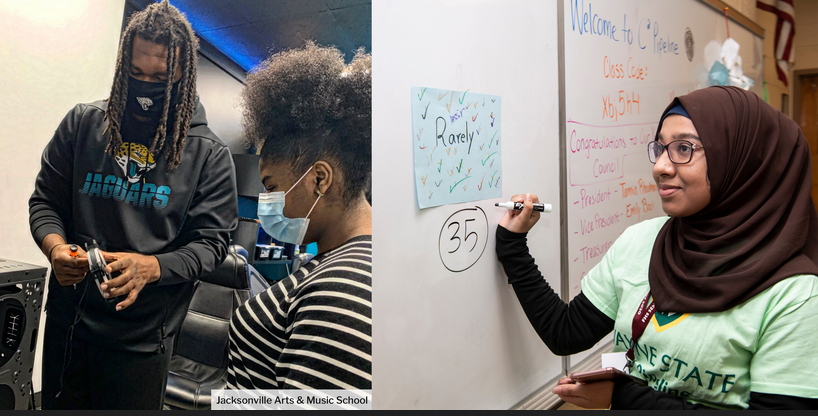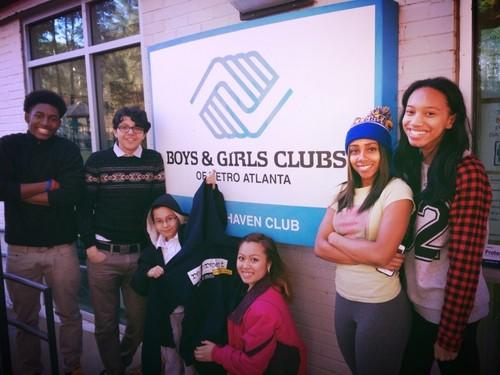
Caption
C5 Georgia Youth Foundation is an Atlanta-based nonprofit that inspires high-potential teens from under resourced communities to pursue personal success, to prepare them for leadership roles in college, work, and community, and to motivate them to become role models for others.
Credit: Georgia Statewide Afterschool Network


